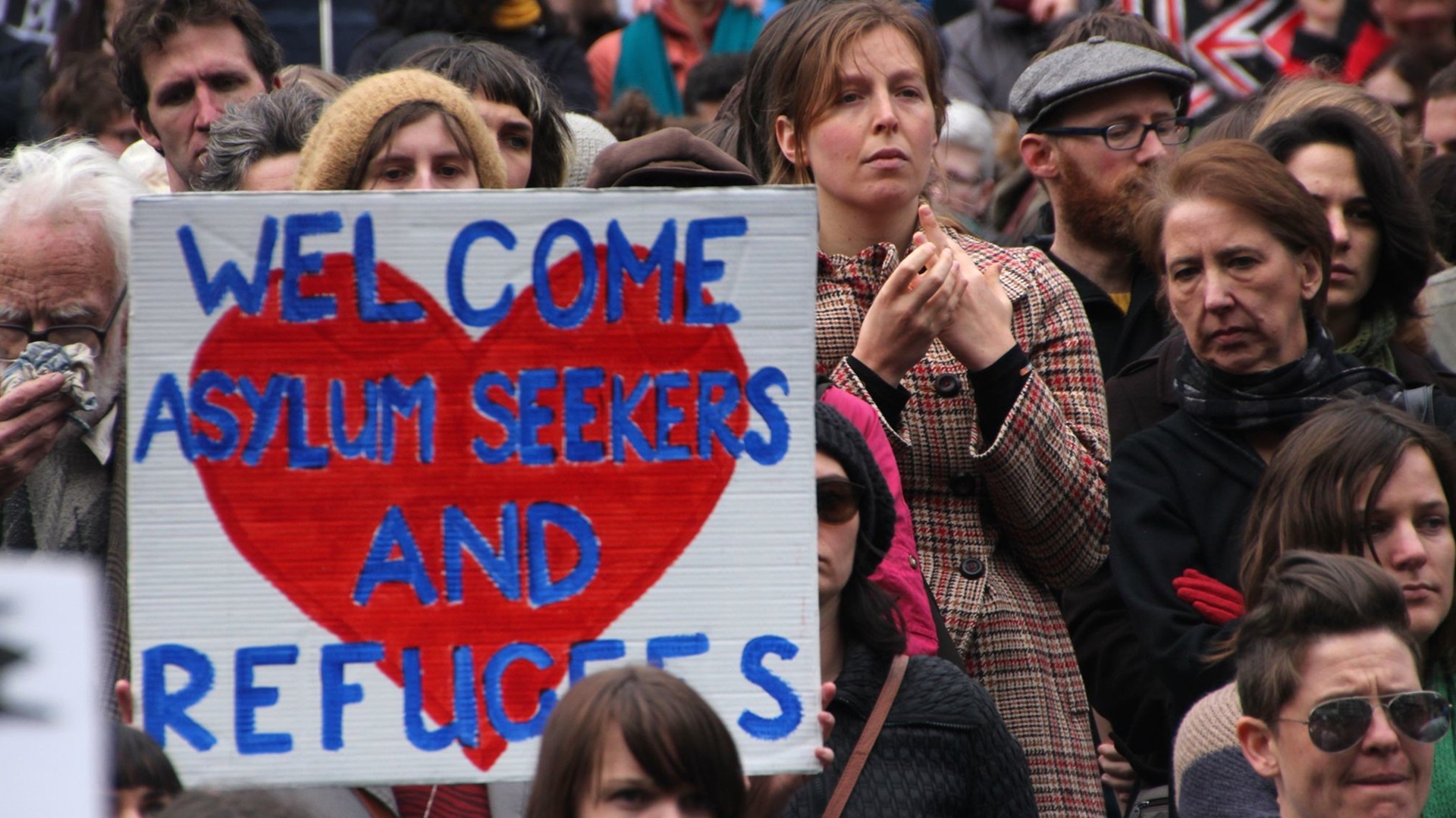The proposals sparked widespread criticism when they first came to light in May last year.
In response, campaigners from the Chartered Institute of Housing (CIH), the Refugee and Migrant Forum of Essex and London (RAMFEL) and the JCWI urged the home secretary and housing secretary Michael Gove to abandon the plans.
The letter amassed 137 signatories, including Crisis, Shelter, the Refugee Council and Amnesty International.
At the time of issuing the letter, Gavin Smart, chief executive of Chartered Institute of Housing said: “The licensing scheme for houses that are multi-occupied are designed to keep people safe, especially safe from fire. They need to apply to everyone, including people seeking sanctuary in the UK. That’s why we’re calling on the government to drop its proposal to exempt asylum accommodation from the HMO licencing arrangements.”
The regulations were not withdrawn by government and continued to make their way through parliament.
It then took a group of eight asylum seekers, represented by Duncan Lewis solicitors, to bring forward a legal challenge to the regulations. Chartered Institute of Housing along with eight other leading organisations all put forward evidence in support of the claim.
Advertising helps fund Big Issue’s mission to end poverty
Nick Beales, head of campaigning at RAMFEL said: “It is worrying that the government states in its explanatory memorandum that part of the rationale for this proposed change is that subcontractors “have raised concerns that regulation is posing a barrier” to acquiring properties.
“It would appear that subcontractors have directly lobbied the government to introduce a piece of legislation that enables them to provide housing of a lower standard, and thereby increase their profits.”
Following the withdrawal of the case, Jeremy Bloom, lead solicitor on the claimants’ legal team from firm Duncan Lewis, said campaigners’ victory was “a spectacular u-turn”.
“The claimants have achieved something amazing today: the government’s last-minute withdrawal of regulations that would have reduced protections for asylum-seekers housed by the Home Office is a spectacular u-turn,” said Bloom
“The claimants now have the enduring protection that they will not be placed in accommodation which does not meet licensing standards, which are so vital to fire-safety and to prevent overcrowding.”
A government spokesperson said: “Our success maximising the use of existing sites and delivering alternative accommodation means it is no longer necessary to pursue the removal of licensing requirements for houses in multiple occupation.
Advertising helps fund Big Issue’s mission to end poverty
“We are making significant progress moving asylum seekers out of hotels, which cost UK taxpayers £8.2m a day. We have already returned the first 50 to their communities and we will exit more in the coming months.
“We continue to keep all policies under review as we work with local authorities to identify alternative accommodation options which are more suitable for local communities.”
The Big Issue has been covering the impact of Home Office efforts to clear the asylum backlog and revealed the number of refugees becoming homeless after leaving asylum accommodation tripled in the autumn.
Do you have a story to tell or opinions to share about this? We want to hear from you. Get in touch and tell us more.









